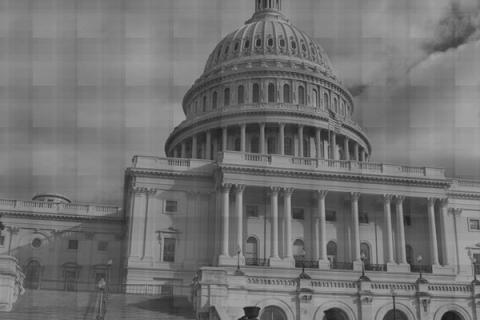 spirit of america / Shutterstock.com
spirit of america / Shutterstock.com
The New Jersey Legislature goes on summer recess most years for all of July and August. In the weeks preceding this break, members of both houses increase their activity, attempting to vote on legislation before two months go by without any possibility for action. This year, the state's legislative body attempted to address issues of gun control, rent control, and campaign finance reform.
All these issues remain unresolved but perhaps the biggest political punt of the session went to the bills considering campaign finance reform.
Last week, evidence surfaced that one of the most influential engineering firms in the state, the Birdsall Service Group, had made questionable contributions to Republicans and Democrats.
From 2006 to 2012, the firm gave more than 1,000 contributions that went undetected and were worth more than $1 million. Executives asked employees to write personal checks for $300 or less, which do not have to be disclosed under current state exemption laws, and then would reimburse these employees through bonuses.
It was further revealed that Birdsall received more than $84 million in public contracts during this period.
Seven executives from the company were indicted as a result of this information being made public and the Legislature immediately took up the issue of campaign finance reform. The easiest and biggest loophole the Legislature wanted to close included eliminating the reporting exemption for a donation of any size, which could have prevented the Birdsall scheme from going undetected for so long.
Most states require reporting for a donation of $50 or $100, while six already require all donations to be reported. New Jersey’s $300 contribution reporting level makes it an outlier in the field of campaign finance allowances and should have made reform fairly straightforward.
The recent political excitement in New Jersey, however, seems to have hampered the progress of this bill. Senator Frank Lautenberg passed away last month, paving the way for Governor Chris Christie to call for a special election in August and October, which will be followed closely by the gubernatorial election where Christie hopes to be re-elected.
Citizen groups are concerned those in power want to raise as much money as possible for the fall elections, hurting efforts to pass any real reform, even though proposed legislation would close a loophole that allowed massive fraud to continue for the last six years.
New Jersey will hopefully reopen this issue when the Legislature returns from summer recess; however, no bill will be able to take effect in short enough time to effect the fall elections. The failure to even the playing field and pass campaign finance reform will affect independents most of all, as independent voters and candidates would benefit from a system that limits the spending influence of party donors.
